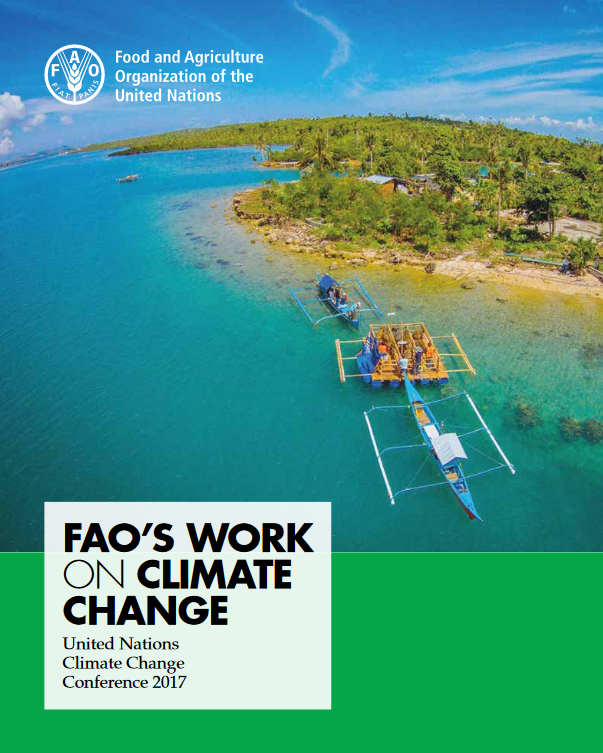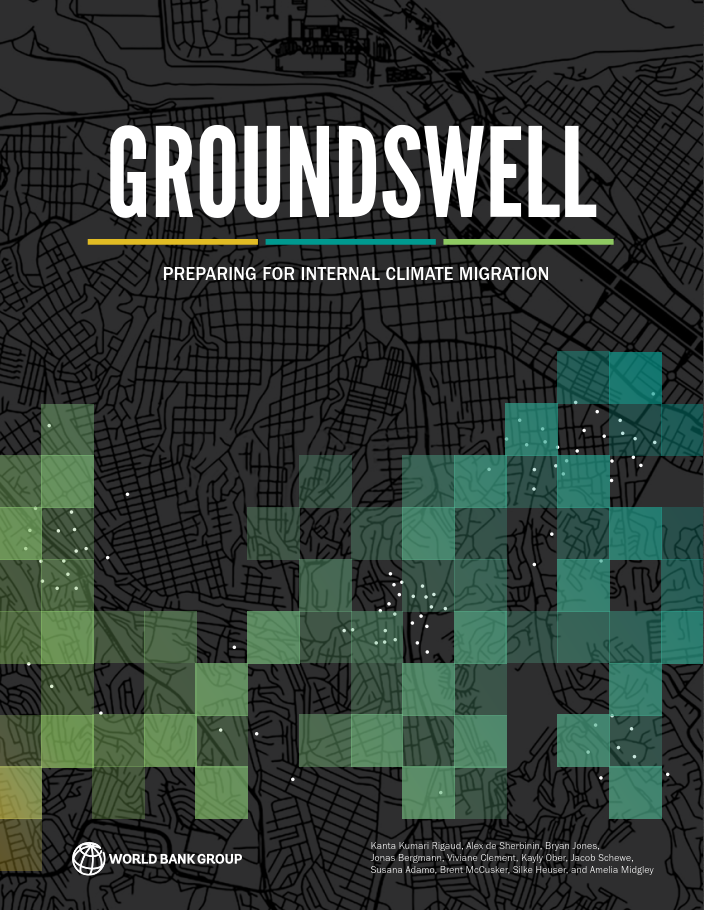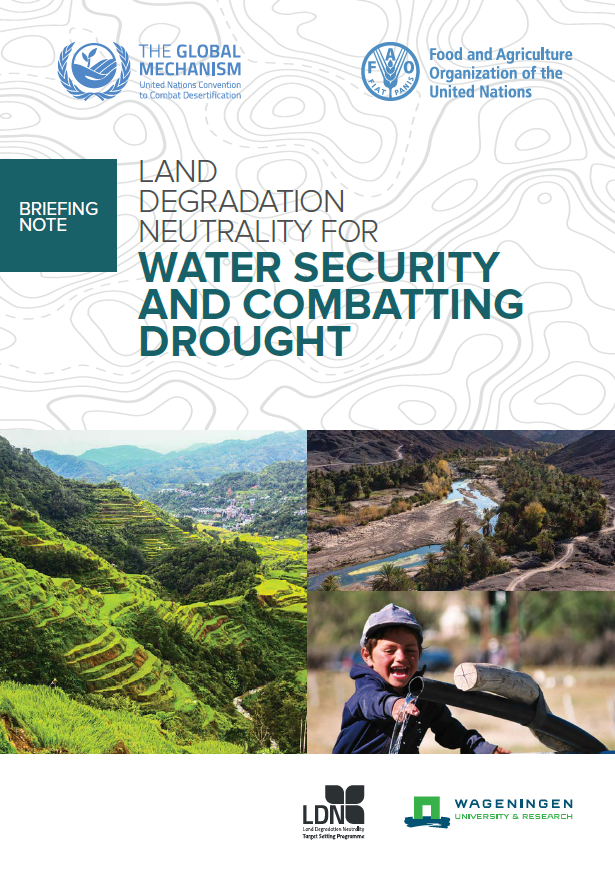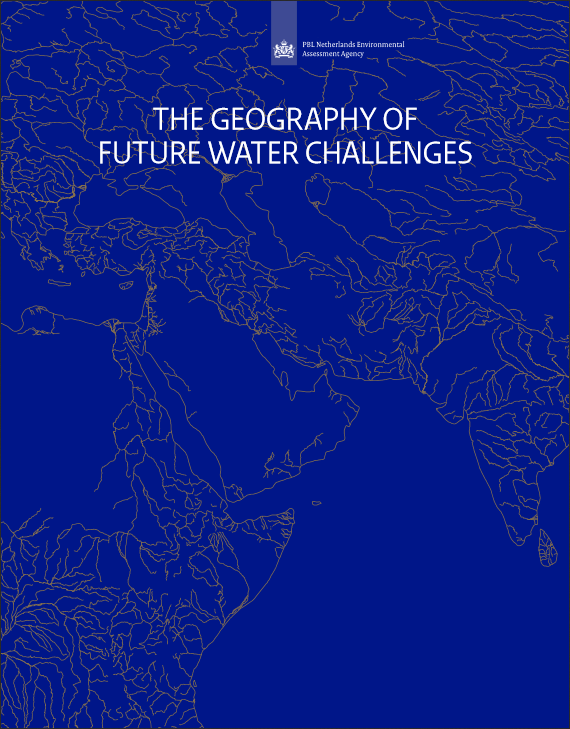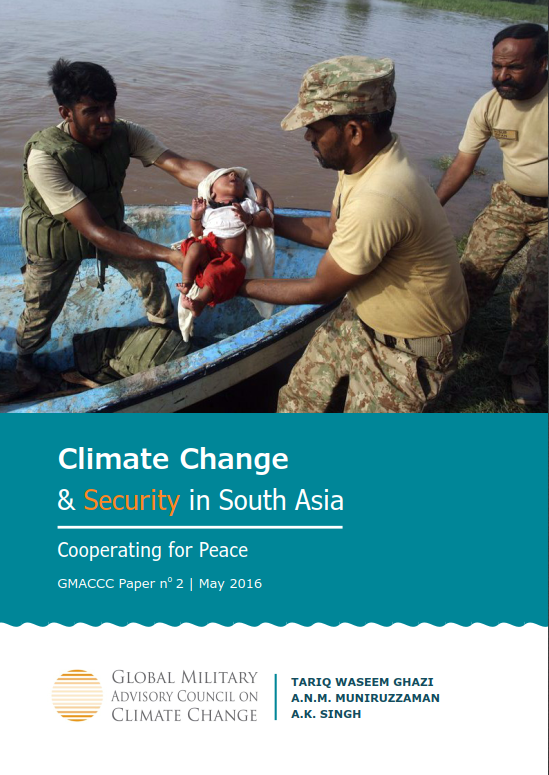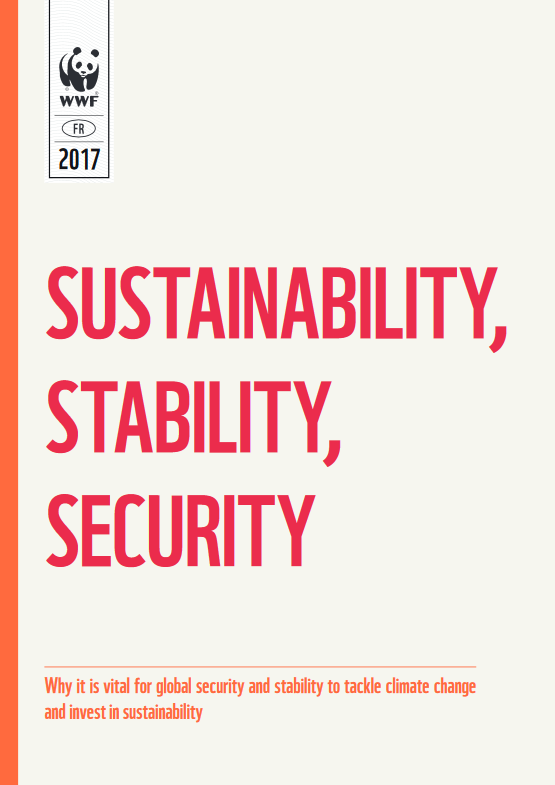Fine-grained detection of land use and water table changes on organic soils over the period 1992⿿2012 using multiple data sources in the Drömling nature park, Germany
The construction of consistent time series of land use presents a key challenge when accounting for elective land use-based activities under the Kyoto Protocol (wetland drainage and rewetting (WDR), cropland management (CM) and grazing land management (GM)), in which current land use-driven greenhouse gas emissions are compared to a reference situation in 1990. This case study is the first to demonstrate the feasibility of using high-resolution land-use proxies from different datasets for Kyoto accounting in a data-rich case study region in Germany.



